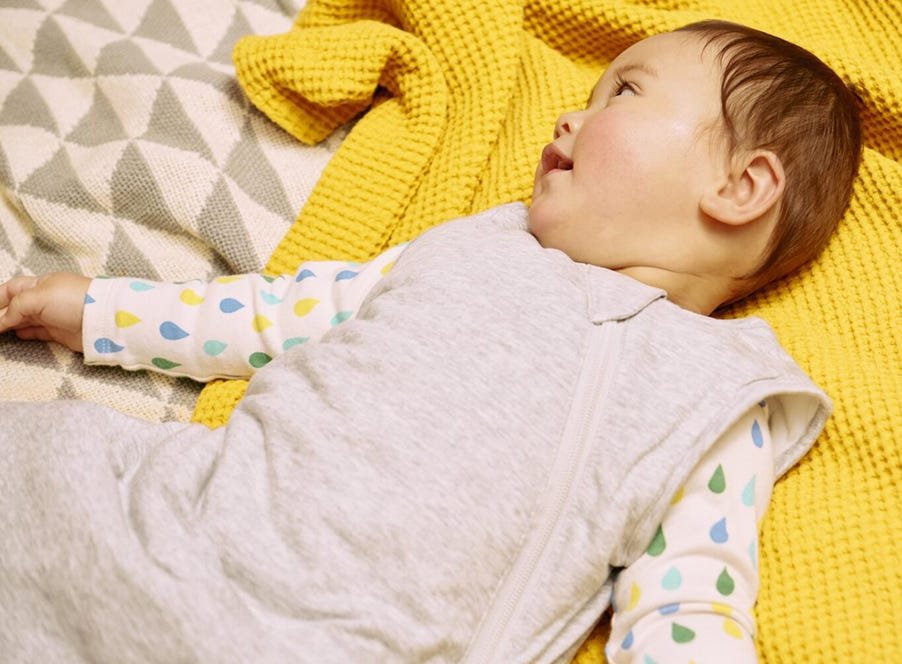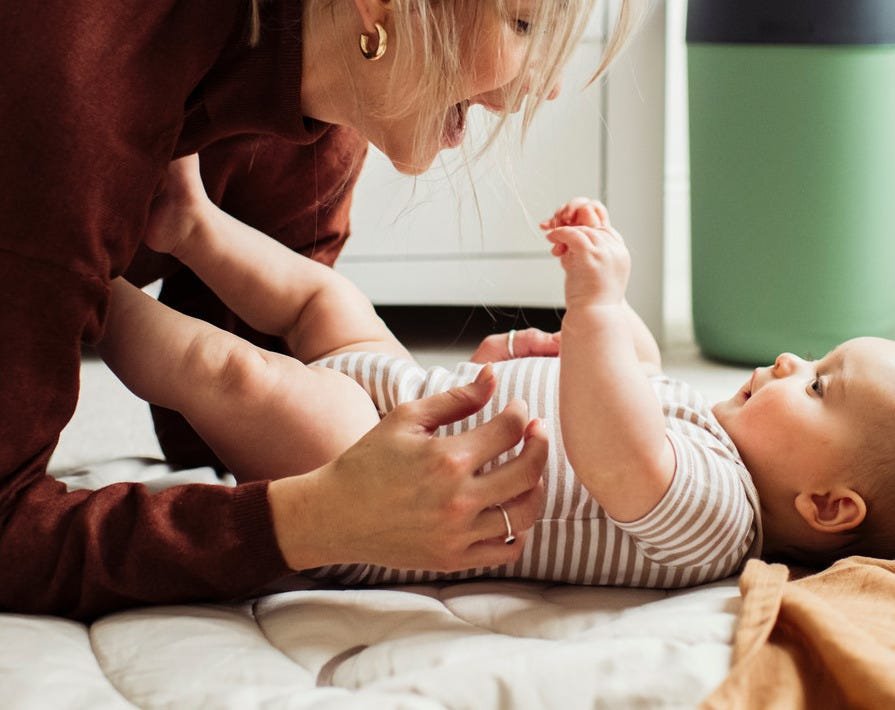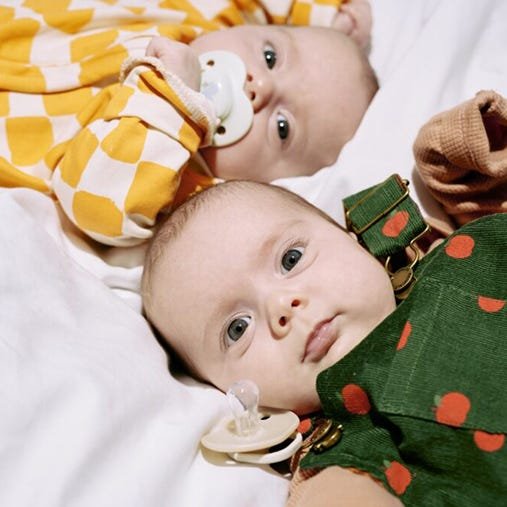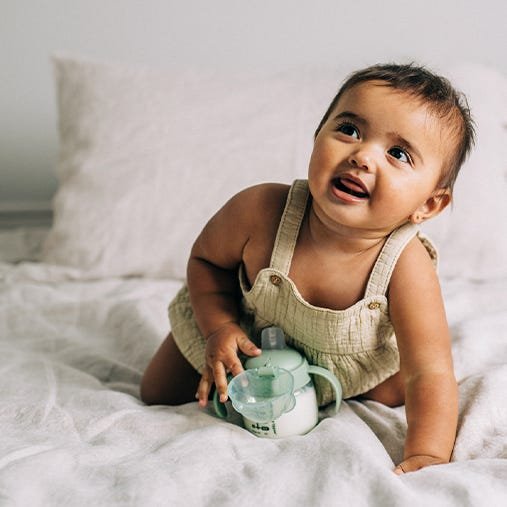When do babies start social smiling?
You'll likely see your little one's first real social smile from around two or three months of age.
These first social smiles are a key development milestone on the road to learning to talk. They show that your baby is starting to learn how to communicate feelings of playfulness and joy.
Other adorable signs that your baby is happy and content include...
- wide, bright eyes
- making an 'ooh' shape with their lips
- gazing at you or reaching out towards you
- giggling.
From three and four months old, babies begin to smile when they recognise familiar voices and faces, and they start to be able to chat and gurgle along with you as you coo at them.
How do babies learn to smile?
As with all aspects of a baby's development, there's no exact timeline that a baby should follow when learning to smile. All little ones are different, but here's a rough guide to when they usually start to smile.
Newborn
At first, a newborn baby's eyesight isn't fully developed. The world around them may look a little fuzzy, and they're not able to focus beyond six to 10 inches. At this stage, they will struggle to maintain eye contact and focus on your face.
One to two months
As they grow, your baby's eyesight will begin to improve, and they'll be able to focus on and follow your face. They'll start to notice your facial expressions, and be able to recognise when you smile, stick your tongue out, or raise your eyebrows.
Two to three months
By around eight weeks old, most little ones will debut their first smile. This is a real moment to cherish, so get your camera ready! By three months old, they'll start to become a lot more socially engaged with you. When you smile and chat to them, they'll be able to mirror your response by grinning and gurgling.
Three to four months
At around three to four months old, most babies can hold your gaze and recognise the faces of their favourite people. It's around this time that you might notice that your baby needs to take time to get used to new faces.
Five to six months
By the time they hit the six-month milestone, most little ones can babble, giggle, and give big cheesy grins. Games of peek-a-boo will delight them, and their little personality will start to shine as they become more curious and adventurous every day.
What if my baby isn't smiling?
If your little one was born prematurely, they may take a little longer to learn how to smile than a full-term baby would. But as a rule, you should seek advice from your family doctor or health visitor if your baby isn't showing signs of social smiling by the time they're around three or four months old.
If they're vocal, able to make and maintain eye contact, and respond to verbal and visual cues from you, it's probably nothing to worry about. They may just not be a smiley person at this early stage in their life. That said, not smiling can sometimes be a sign of a developmental delay or issue, and if that's the case, your doctor can support you and your baby.










